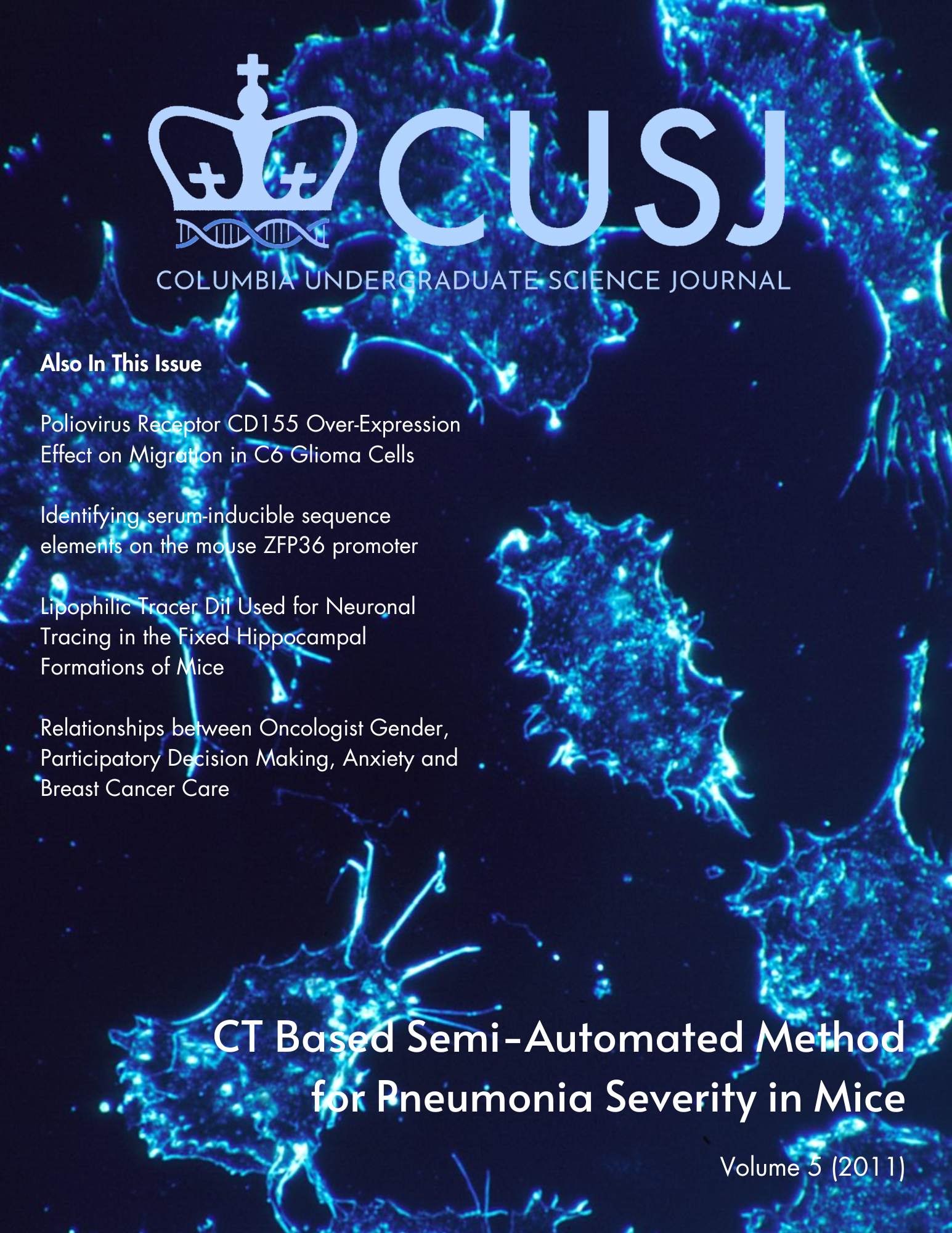Abstract
The discovery that adjuvant treatment (chemotherapy and radiotherapy) after lumpectomy contributes to high survival rates has been a groundbreaking development in modern breast cancer care. Participatory decision-making (PDM) is a communication style that involves active interactions and discourse between doctors and patients. Although the receipt of adjuvant therapy for various types of cancers has been found to be linked to differences in patient-physician communication, few studies have explored whether this relationship exists in breast cancer treatment. The present study, one of the first explicitly to examine demographic and psychosocial factors that may be related to adjuvant treatment rates, surveyed a sample of inner-city breast cancer patients (N = 105) about the type of care they received, assessing concomitant levels of participatory decision making (PDM), and anxiety. The results demonstrated that patients who indicated higher PDM tended to have lower levels of anxiety (p < .01). Breast cancer patients who saw female oncologists were more likely to receive adjuvant treatment than breast cancer patients who saw male oncologists (p < .05). Contrary to popular belief, patients reported equivalent levels of PDM and anxiety regardless of their physician’s gender or their receipt of adjuvant treatment. The surprisingly low adjuvant treatment rates (45%) in this sample suggest possible system failures in breast cancer care and indicate that more attention needs to be given to public education on the importance of receiving follow-up treatment in breast cancer care.

This work is licensed under a Creative Commons Attribution 4.0 International License.

